King’s Lynn Brain injury charity Headway Norfolk and Waveney announces closure
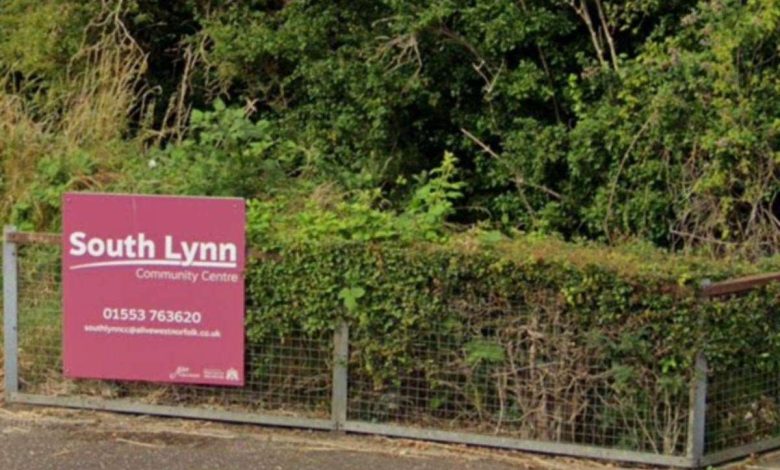
Heartbreak as Unique Brain Injury Charity Faces Closure
Headway Norfolk and Waveney, a one-of-a-kind charity dedicated to helping people recover from brain injuries and strokes, has announced its imminent closure due to insurmountable financial challenges. The organization, which operates from South Lynn Community Centre and receives no government funding, will permanently shut its doors on November 30, leaving both staff and clients facing an uncertain future. This closure represents not just the loss of jobs, but the disappearance of a vital support system that has been a lifeline for countless individuals and families navigating the difficult journey of brain injury recovery in the Norfolk and Waveney area.
The announcement has sent shockwaves through the local community, with staff members expressing profound concern about what will happen to their clients once services cease. Anna Bridle, a senior support worker at the Lynn center, voiced the team’s devastation: “We are absolutely heartbroken. Our main concern is our clients, where will they go? What service will they have without us?” Her words reflect the unique position Headway has held in the local healthcare ecosystem – offering specialized support that simply isn’t available elsewhere. The charity has operated without government backing, making it particularly vulnerable to financial pressures that have ultimately proven unsustainable.
What makes this closure particularly tragic is the specialized nature of Headway’s work. Brain injuries and strokes can cause complex, life-altering changes that require dedicated, expert support during recovery. Headway has filled this crucial gap, providing services tailored to help individuals regain independence, rebuild cognitive skills, and adjust to new realities following neurological trauma. For many clients, the charity has been more than just a service provider – it has been a community of understanding, a place where their struggles are acknowledged and addressed by people who truly comprehend the unique challenges of brain injury recovery. This sense of belonging and specialized care cannot be easily replaced.
The human cost of this closure extends far beyond the walls of the South Lynn Community Centre. Behind each client file is a person struggling to rebuild their life, often supported by family members and carers who themselves rely on Headway’s expertise and guidance. These families now face the prospect of navigating complex healthcare systems alone, potentially leading to isolation and deterioration in recovery progress. As Bridle poignantly noted, “The impact is not just on our staff, but on our clients and their families and carers.” Each of these individuals represents a story of resilience and determination – qualities that have been nurtured and supported through Headway’s programs and which may now lack the structured outlet they need to continue flourishing.
There appears to be only one slim hope for salvation – intervention from Norfolk County Council. Staff members have indicated that without the council “coming up with a miracle” to commission their services, the closure is inevitable. This situation highlights a broader issue in healthcare funding, particularly for specialized services that fall between traditional medical care and social support. Organizations like Headway often operate in this gap, providing essential rehabilitation services that improve long-term outcomes and reduce dependency on other healthcare services, yet struggle to secure sustainable funding models. The question now emerges whether local authorities recognize the true value of such services before they disappear entirely.
As November 30 approaches, the Headway team continues to support their clients while preparing for the difficult goodbye ahead. The closure serves as a sobering reminder of the fragility of charitable services that operate without secure funding streams, despite their demonstrable impact on vulnerable communities. For those in Norfolk and Waveney who have experienced brain injuries, the landscape of available support is about to change dramatically, leaving a void that – as staff fear – may not be filled. Behind the simple announcement of a charity closure lies a complex human story of loss: loss of employment for dedicated staff, loss of progress for recovering individuals, loss of respite for carers, and ultimately, the loss of a unique community built around understanding and supporting those affected by brain injuries.



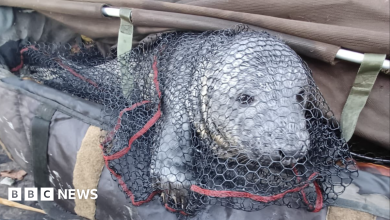
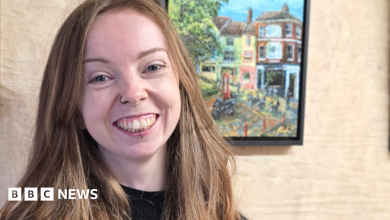
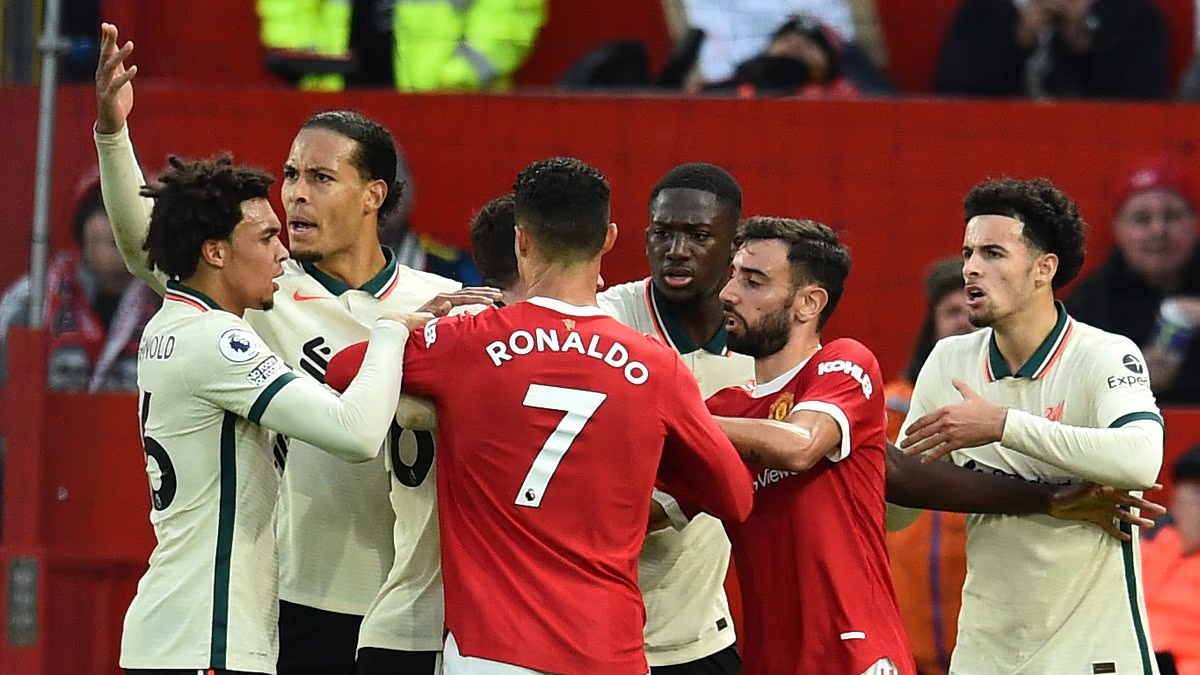
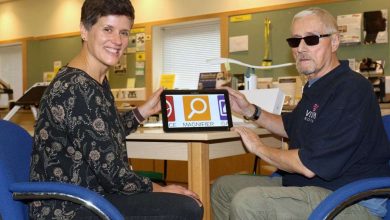
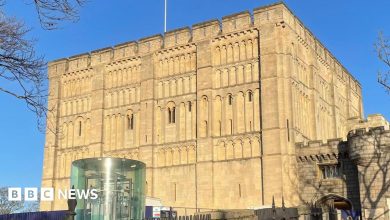

tudv10